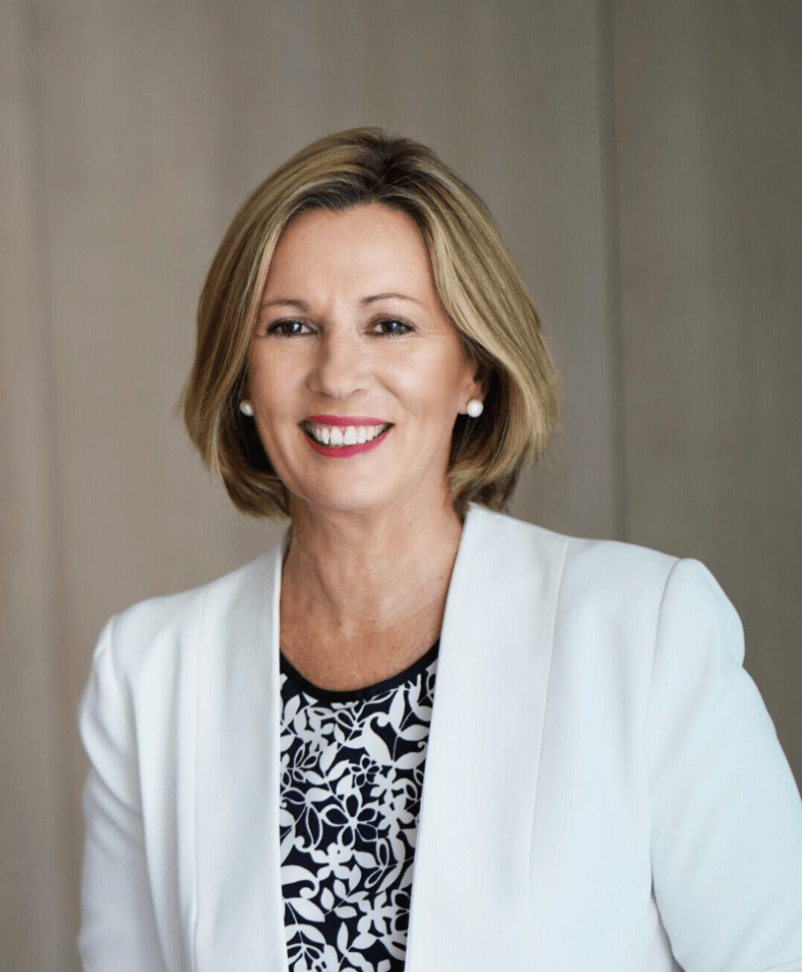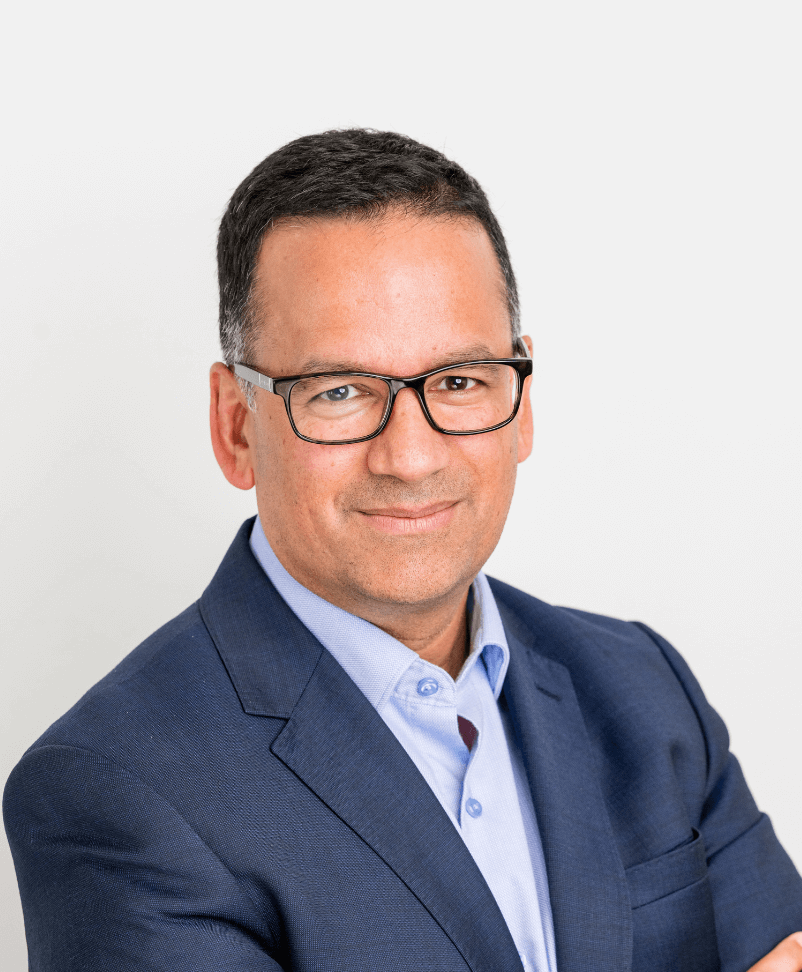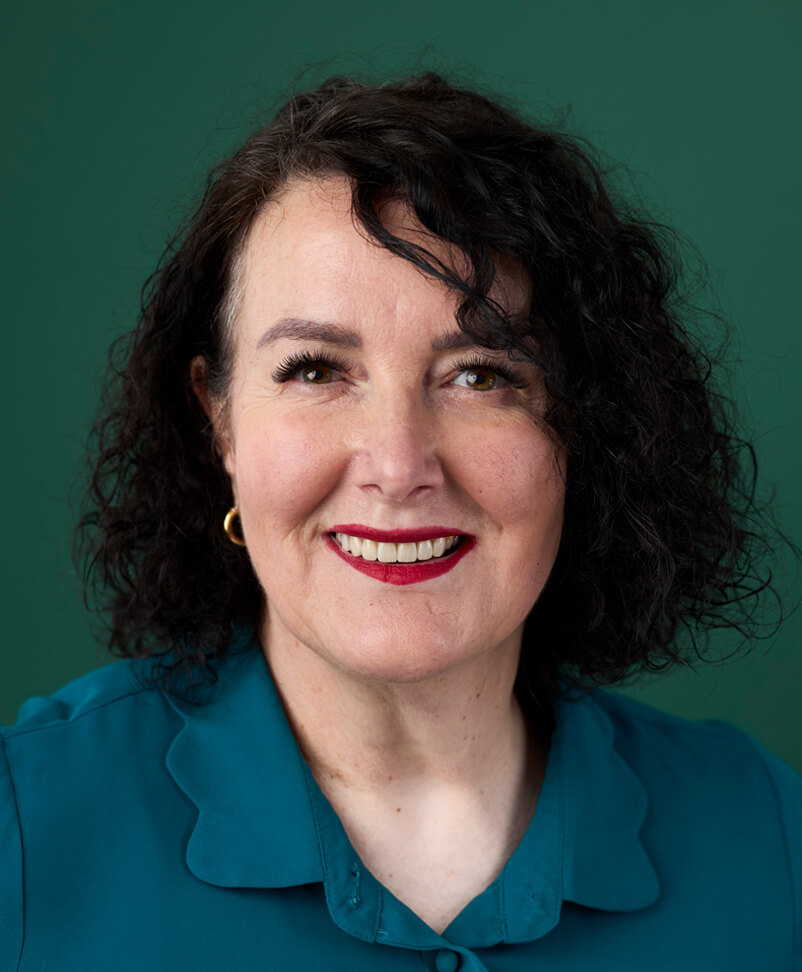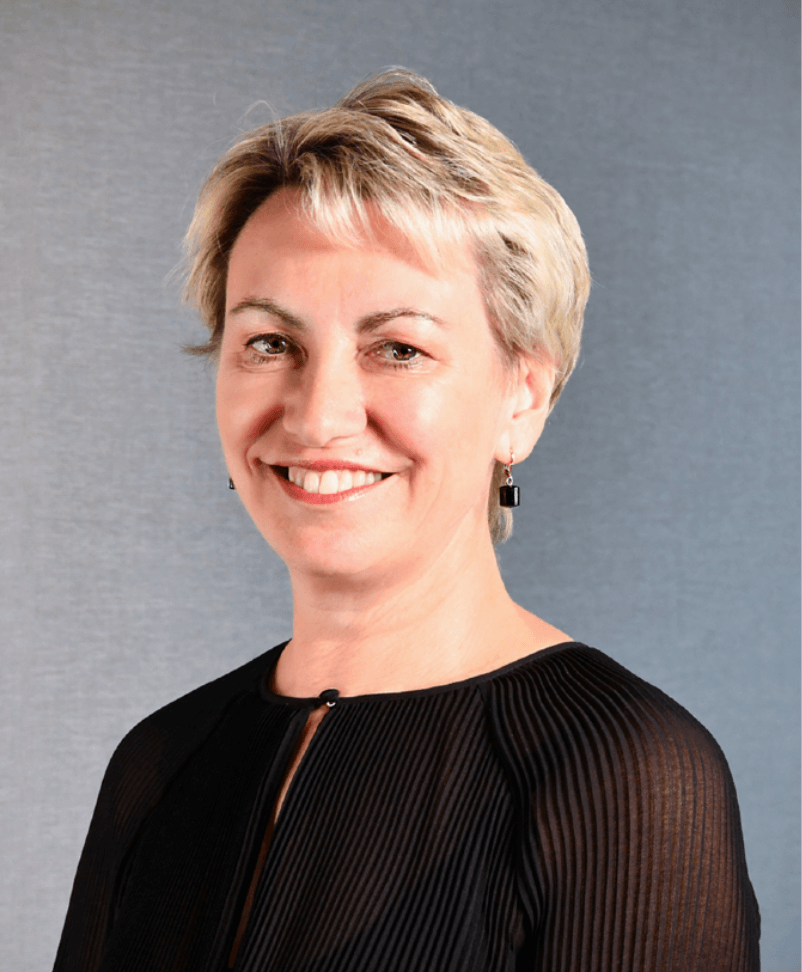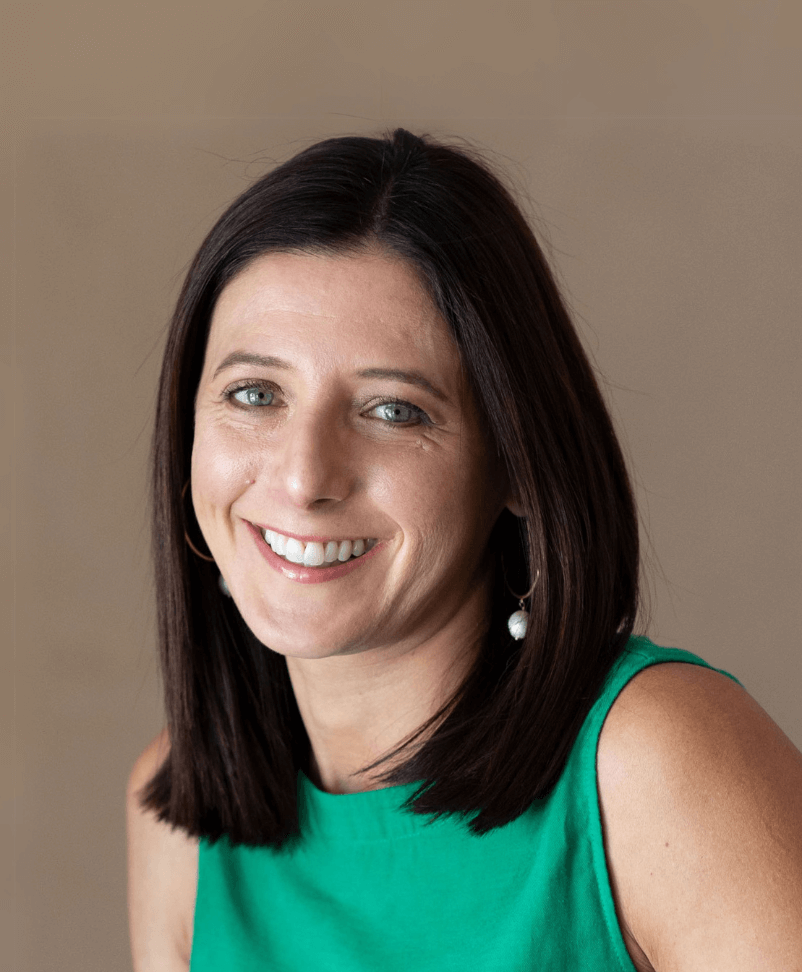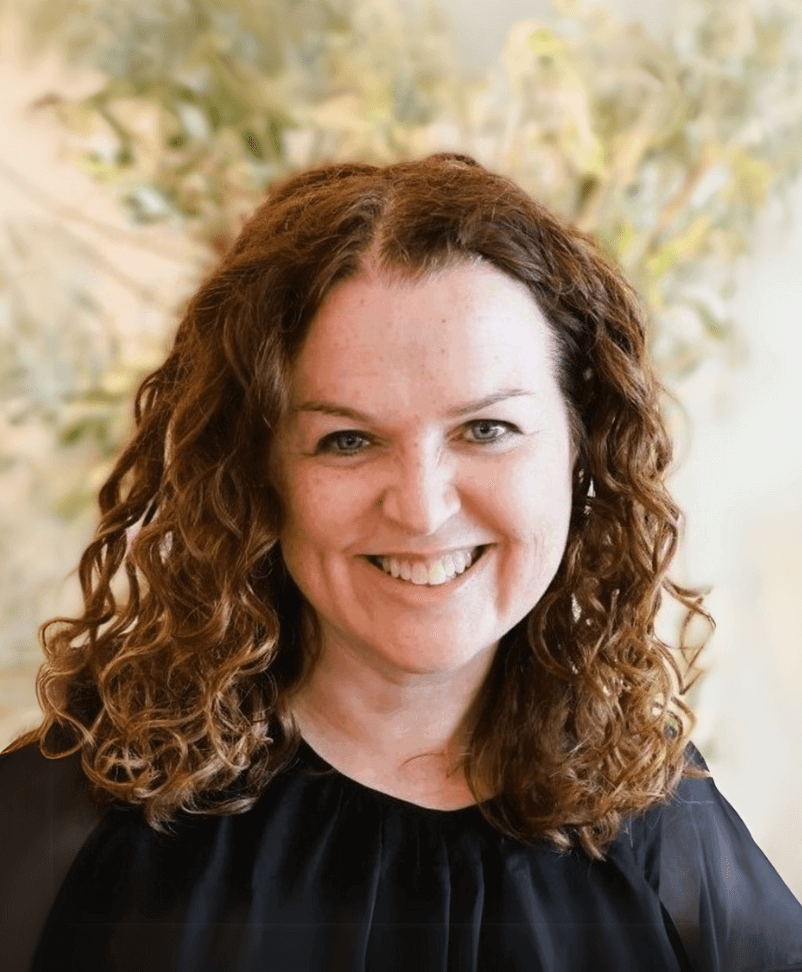In a complex operating environment where the basic tenets of leadership are being upended, understanding what it means to be a leader has seldom been more important. We believe leaders need to ask themselves three questions: What is my context? Who am I as a leader? And how do we win?
SMG’s leadership capability framework defines the 24 capabilities that will allow organisations and their leaders to deliver a sustainable competitive advantage in 2025 and beyond.
We’re (still) living in a complex and unstable world
It’s hard to look in any direction and see a stable or settled operating environment. The geopolitical landscape is marked by conflict in the Middle East and Ukraine, with rising threats in other regions, and trade wars are threatened by major powers with the economic uncertainty these risks cause playing out in market volatility around the world.
Climate change and the green energy transition, along with arguments over whether these things even exist or are required, are big topics. And overshadowing all of these issues is the impact, so far and in future, of generative AI, quantum computing and other technological advances as yet unknown.
If this makes you nervous then you’re not alone; respondents to the most recent WEF Global Risk Report cited a 30% chance that the short-term global outlook would be “turbulent” or “stormy” and only 15% were confident enough to predict it would be “settled”. When asked to take a 10-year timeframe, the percentage of doomsayers more than doubled to 63% while only 1% thought the future will be “calm”.
Leadership is the differentiator
While many of these risks are societal or even existential, the consequences are played out daily in the workplace.
At an organisational level almost all sectors and companies are directly affected by the turbulence, with implications for the markets and customers they serve and a resulting impact on strategies, structures, revenue and profit.
Managing the people implications is complex at the best of times, but with (at least) four different generations in the workplace, widespread cost of living pressures on employees, increasingly polarised discussion on topics such as DE&I and ESG, and a greater focus on issues such as wellbeing, the expectations of leaders have seldom been higher.
Your people are one of few assets your organisation has that appreciates over time, and the quality of your leadership is hands down the single biggest influence on their performance and engagement.
And yet despite over $350bn being spent globally each year on leadership development, the reality is that we’re falling short. A recent McKinsey survey found that only 5% of organisations say that their organisations have the capabilities they need, while just one in four believe that their leaders are engaged, passionate, and inspire employees to the best possible extent.
What to do? As with many other things, defining what is required is a good starting point. This has been done endlessly over the years of course – Amazon has over 60,000 books on the subject – and many organisations have a set of leadership capabilities that they reference.
But since SMG’s foundation 25 years ago, our experience and research have consistently highlighted five shortcomings with most leadership capability frameworks.
Five problems to solve for
Strategic misalignment
Many frameworks can seem to exist in isolation from organisational strategy, focusing on timeless and universal leadership competencies rather than the specific capabilities needed to execute your company’s unique business objectives at a given point in time. There should be a clear line of sight from organisational strategy to the expectations placed on leaders.
Rigid in an agile world
When was your definition of leadership last updated? Just in the last few years COVID and genAI have dramatically reshaped the world of work, with huge implications for leaders at all levels. Leadership frameworks that don’t evolve in line with the environment will prepare leaders for past challenges rather than future demands.
A lack of substance
Too often the leadership framework is developed without a robust evidence base, relying instead on subjective opinions or group brainstorming. A lack of analytical rigour can result in a framework that has little foundation in empirical research, or worse, is contradictory and confusing to apply in the workplace.
An imbalance between the interpersonal and the commercial
Our research shows that a common pitfall in leadership frameworks is an overemphasis on interpersonal skills and EQ at the expense of commercial acumen and business impact. While undoubtedly important, frameworks that lean too heavily on these capabilities often fail to adequately define the commercial skills required for business success. This imbalance can result in leaders who excel at team management but struggle to drive business performance and strategic outcomes.
Our approach to defining “leadership”
Recognising the pitfalls, how have we defined the leadership capabilities we believe matter most?
We used four main inputs. Firstly, as part of our broader work we continually conduct ongoing literature reviews and market scans of leading thinking and research into the discipline of leadership. This is augmented by our proprietary data gleaned from over 25 years of coaching, mentoring and developing leaders and teams, which allows us to identify and measure how the development needs of leaders has evolved and shifted over time.
Secondly, we solicited input from expert practitioners across our network; our in-house team, and our faculty of over 60 executive coaches, mentors, leadership practitioners include Board and C-suite leaders, organisational psychologists and senior practitioners. This gives us first-hand experience from the market, overlaid with deep technical expertise.
We also tested and iterated our thinking in two ways; with a range of clients and trusted partners, to build in different perspectives and robust challenge; and by using generative AI, which is invaluable in suggesting potential omissions and overlapping capabilities, as well as accelerating some of the design work. This isn’t a framework designed by AI; rather, the use of this technology with a human overlay and interpretation enhances the outcome.
We believe leadership is contextual, behavioural and commercial
The upshot of this process? We have distilled our research, thinking and experience into a simple belief; for leaders to be successful today and into the future they need to understand and master the contextual, the behavioural and the commercial.
Within each of these three elements we have identified eight capabilities that set out in detail the behaviours that will define individual and organisational success. 24 capabilities in total, the relative importance of which will depend on the unique circumstance and direction of the organisation at any given time (and recognising that no organisation would prioritise all 24 simultaneously).
Contextual: how does my environment shape how I lead?
If you don’t understand what your context requires then it is impossible for you to operate effectively as a leader.
Leaders must understand, adapt to and effectively lead in their unique organisational environment, recognising that their style and approach should flex to reflect the external environment, culture, industry, strategic priorities, organisational level, team and maturity in which they are operating.
The first element of our framework includes capabilities such as Navigates complexity (“Able to simplify the complex and confidently work in challenging and fluid environments”); Situational awareness (“Understands the current environment and systems, anticipates change, and adapts accordingly”) and Vision and purpose (“Ensures the vision and purpose are defined, communicated and embraced across the organisation”).
Behavioural: who am I as a leader?
First understand what is required of you as a leader. Then consider the ability you have to paint a picture of the future and inspire others to follow you there.
Leaders must demonstrate self-awareness and emotional intelligence to build the personal attributes and interpersonal skills that enable leaders to effectively engage, influence, collaborate with and develop others.
Indicative capabilities defined in this element of our framework include Empathy (“Focused on self-awareness and the importance of understanding others’ perspectives and agendas”); Curious learner (“Constantly looks to learn from others and improve, recognises missteps are a way to do this”); and Calm resilience (“Recognises setbacks as inevitable. Stays calm and is not deterred by obstacles or the fear of failure”).
Commercial: how do we win?
We spent a long time debating the use of the words “commercial” and “win” and we have included them for a specific reason; our view is that too many frameworks underplay the importance of organisational success as a key outcome for leaders, and we believe that emphasising this aspect of leadership is crucial.
Whether your organisation seeks to make a financial profit or not, the reality is that you compete with other entities or market forces for your stakeholders’ or customer’s time, money or resources, and must find a way to succeed – to win.
Leaders must focus on driving sustainable and measurable business outcomes through their strategic insights, effective decision-making, and performance management at an individual, team, and organisational level.
Sample capabilities include Innovation enabling (“Creates an environment and mindset in which innovation is embraced as a business enabler”); Digital catalyst (“Drives the organisation and its people to embed digital thinking and capability in everything they do”); and Customer-centricity (“Constantly seeks to understand and anticipate customer needs and preferences).
How we use our leadership capability framework
We produced this latest iteration of our framework towards the end of 2024, but we have already been using it with a range of our clients in different contexts. The framework is also embedded in how we work, and the solutions we offer. Some examples:
- Helping organisations define what leadership means to them: the most obvious use has been in projects with several clients who were looking to redefine the expectations of their leaders. We have used our capability framework as the foundation to help them identify the critical subset of leadership capabilities that are most important for their companies at this point in their evolution, and to create bespoke frameworks to underpin their people strategy.
- Executive coaching and mentoring: the leadership capabilities provide a common language and framework for us to use in coaching and mentoring work with clients.
- Diagnostic tools: we have a 360 survey and leader self-assessment tool aligned to the capability framework, allowing us to gather quantitative and qualitative data on leaders to inform subsequent development activity, whether that be at an individual leader level, or in the design of organisation-wide or cohort-based leadership development interventions. We also map our capabilities to a range of widely used psychometric assessments to allow for ease of use alongside other instruments.
- Longitudinal data and analysis: the leadership data, de-identified and securely and confidentially stored, allows us to monitor trends, predict and provide insights. This will enable us to shape the evolution of the capability framework, and also allow us to develop benchmarks and provide research for our clients and the wider practitioner community.
The future of leadership in 2025 and beyond
The world in 2025 will continue to be complex and turbulent, and the expectations this places on leaders are similarly challenging.
But in this turmoil there is also opportunity. Organisations and individuals who understand the implications of this will be in a strong position to lead effectively, inspiring and engaging others to outperform.
We believe that leadership in 2025 will be contextual, behavioural and commercial. We have defined the 24 capabilities that will differentiate the most successful leaders from the rest, and we’re looking forward to sharing more research and insights about our work bringing this framework to life. Please contact us if you would like to know more.









